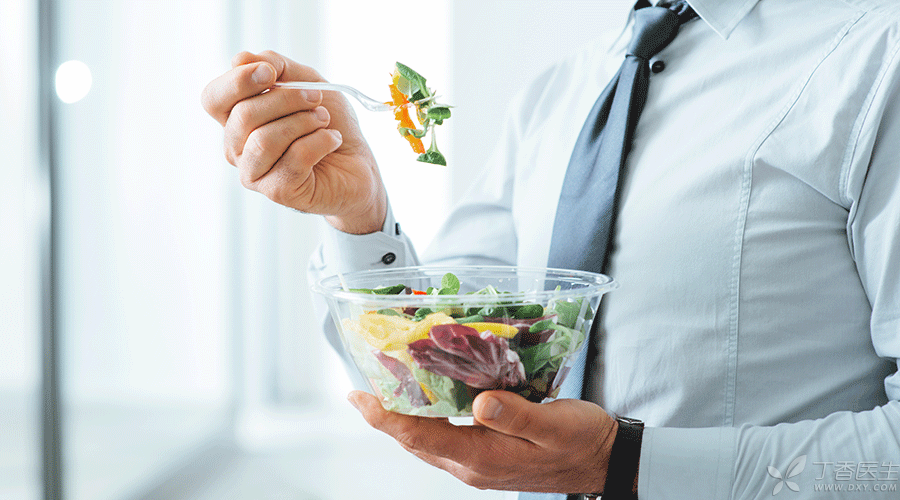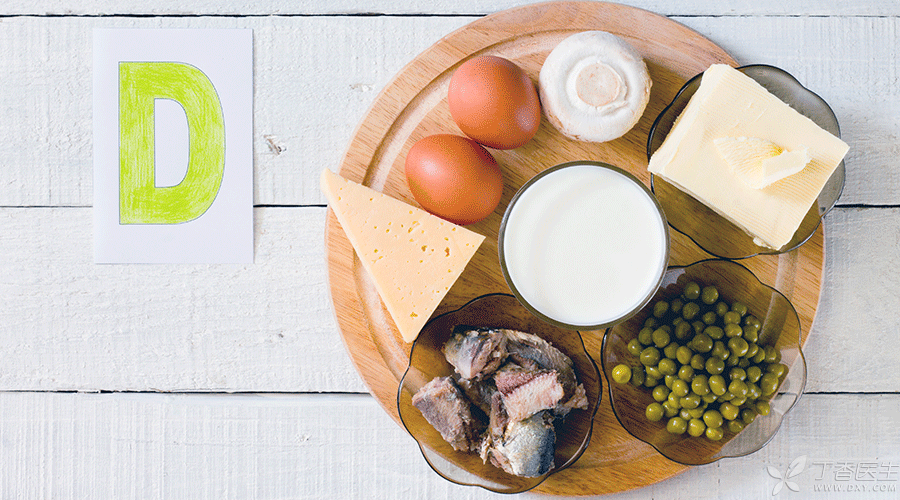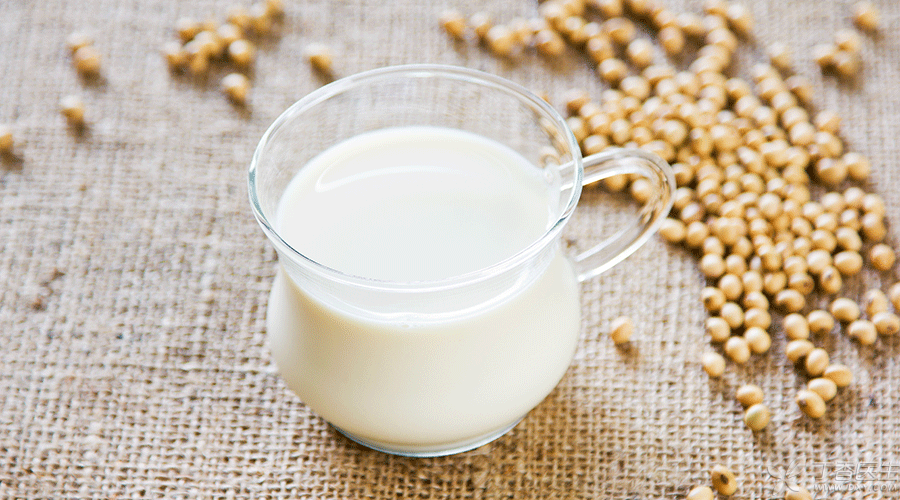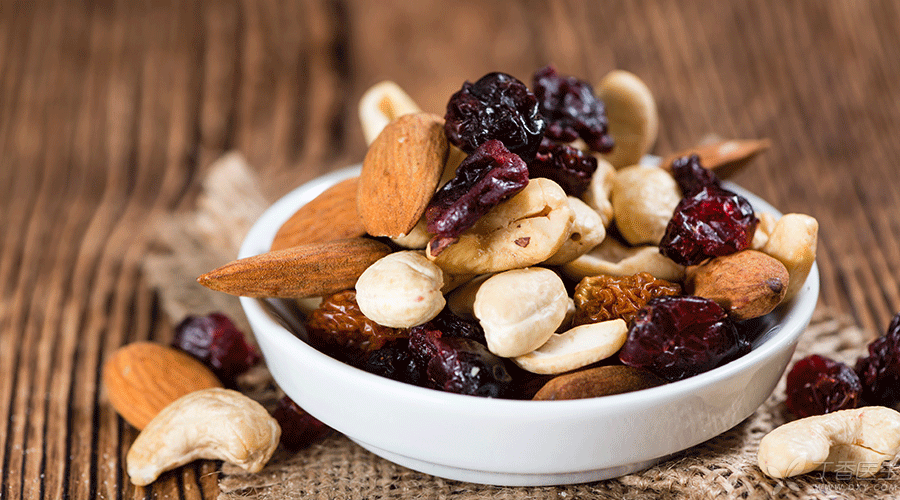
Vegetarianism, as a healthy and environmentally friendly lifestyle, is increasingly accepted by everyone. However, many people have misunderstood about vegetarianism:
If blood lipid, blood pressure and uric acid are high, you must eat very vegetarian and cannot touch any meat.
Eating only vegetables but not meat can prolong life and reduce illness.
In fact, these concepts are all wrong. Friends of the [three highs] can also eat meat, and scientific diet collocation is the key to health and longevity.
Of course, for friends who have religious beliefs or like vegetarianism, vegetarianism is also possible, but we must pay attention to the following issues.
Vegetarianism does not mean [eating only vegetables but not meat]
In fact, vegetarianism is not [coarse tea and light rice are like asceticism]. Vegetarianism is also divided into several vegetarian ways. You can choose the most suitable vegetarian way according to your own situation.
STEP 1 Strict vegetarian diet
There is only a strict vegetarian diet, which does not eat any animal food, even animal oil and vegetarian dishes cooked with animal food. Some monks do not even eat spices such as scallion, garlic, leek and coriander.
2. Elastic vegetarian/semi-vegetarian
If you don’t eat animal food all the year round, it will affect your health. Therefore, there is an elastic vegetarian diet. They sometimes eat some meat depending on the situation.
3. Fish element
Fish element is a kind of semi-vegetarian, and only all kinds of fish are eaten in meat. Therefore, when a vegetarian says that he eats fish, please don’t be too surprised.
4. Egg and Milk
Egg milk element also belongs to a kind of semi-element, they can drink milk, yogurt, can eat all kinds of eggs, most of the nutrition needed by the body can be fully protected. In particular, the high-quality calcium in dairy products is incomparable to most other foods.
No matter what kind of vegetarian diet, we should pay attention to balanced nutrition. However, choosing semi-vegetarian or egg-milk vegetarian can better avoid malnutrition and imbalance.

Not everyone is suitable for a vegetarian diet.
People with special needs for nutrition, such as patients with metabolic diseases in liver and kidney functions and patients recuperating after surgery, are not recommended to be strictly vegetarian without ensuring balanced nutrition intake and meeting physical needs.
For those who do not have the above situation, when eating vegetarian food, they still need to pay attention to the nutrition ratio of their diet.
How to be a vegetarian to be healthy?
All people need carbohydrates, oils, proteins, vitamins, water and inorganic salts, which are important nutrients.
The only difference between vegetarian and non-vegetarian is whether the source of nutrients is plant or animal. As long as the intake of nutrition is balanced, the body can be as good as before.
However, if vegetarianism goes into misunderstanding: every day there are only rice congee, white rice and white noodles, with a few mouthfuls of cabbage and pickles casually, drinking soup and water. If you are hungry, you will have to be next to each other and dare not touch anything else. On the contrary, you are very prone to malnutrition and the whole person is not in good spirits.
Therefore, if you are a vegetarian, you must eat as healthily as possible. Grasp several key points.
1. Be sure to eat enough protein
Meat is not the only protein. Vegetarians need to eat more beans, tofu, dried bean curd and other bean products, as well as various cereals, reasonable collocation, balanced consumption, so as to improve the absorption and utilization rate of protein.
The reason why egg milk and fish are more advocated is that they ensure protein consumption and are more balanced and healthy.
In particular, it should be reminded that eggs can be used to supplement protein, trace elements, etc., and worries about cholesterol can also be put down. Because of the latest authoritative guidance, the limit on the number of eggs eaten every day has been lifted, and egg and egg milk people can eat more.

2. Eat enough fresh vegetables and moderate amount of fruits.
If you can eat about one kilo of vegetables every day, and eat as many dark vegetables as possible, such as dark green spinach, rape, black vegetables, as well as western blue flowers, purple cabbage, carrots and tomatoes, it would be even better.
Eat 1-2 fruits a day, about 200-350 grams is enough, which is helpful to ensure the intake of vitamins and trace elements, but you must not eat more. Attention should be paid to the sugar content and blood sugar raising in fruits.
3. Eat more algae and fungi
Seafood and fungi are gifts given to vegetarians by nature. Many long-term vegetarians like to eat such foods. Kelp, tremella, black fungus, mushroom, mushroom, Tricholoma matsutake… In addition to their delicious taste, they especially bring vegetarians rich protein, vitamins and trace elements.
It is also beneficial to the body to be able to eat 22 ounces (100g) every day.
STEP 4 Eat a moderate amount of nuts
Pine nuts, peanuts, almonds, hazelnuts, pistachios… It is also good to eat a handful a day, but be careful not to eat melon seeds incessantly.

Step 5: Balanced nutrition
In order to have balanced nutrition, vegetarians need to prepare all kinds of diets themselves. If you don’t have time to make your own nutritious meals, supplement multivitamins to ensure nutrient intake.
6. Vegetarian meat, vegetarian chicken, etc. should not be eaten too much.
Soybean, tofu, dried bean curd, bean curd stick… These must be eaten more, instead of pig, beef and mutton. However, other easy-to-buy [vegetarian meat], also called vegetarian chicken, belong to refined processed soybean protein products, because in the process of refined processing, a lot of good nutrition will be lost, although delicious, but not greedy oh.
Long-term vegetarian diet can reduce weight and control body shape?
Weight loss is affected by food calories, not by food types. Vegetarianism also depends on food [high in calories] and [low in calories].
Vegetables, bacteria and algae, bean products and other low calories
They are often low in calories and are suitable for eating with reasonable combination, which is suitable for reducing calorie intake while ensuring nutrition.
Kelp, tremella, agaric, mushroom, mushroom and other algae are also good choices for low-calorie ingredients.
Dessert, fried staple food and refined white rice flour staple food have high calories.
Fried dough sticks, oil cakes, bread… starch, sugar, oil content is relatively high, eat too much or easy to grow meat.
Therefore, whether one can lose weight has nothing to do with vegetarianism. The key is to look at the overall balance and to have more activities appropriately.
